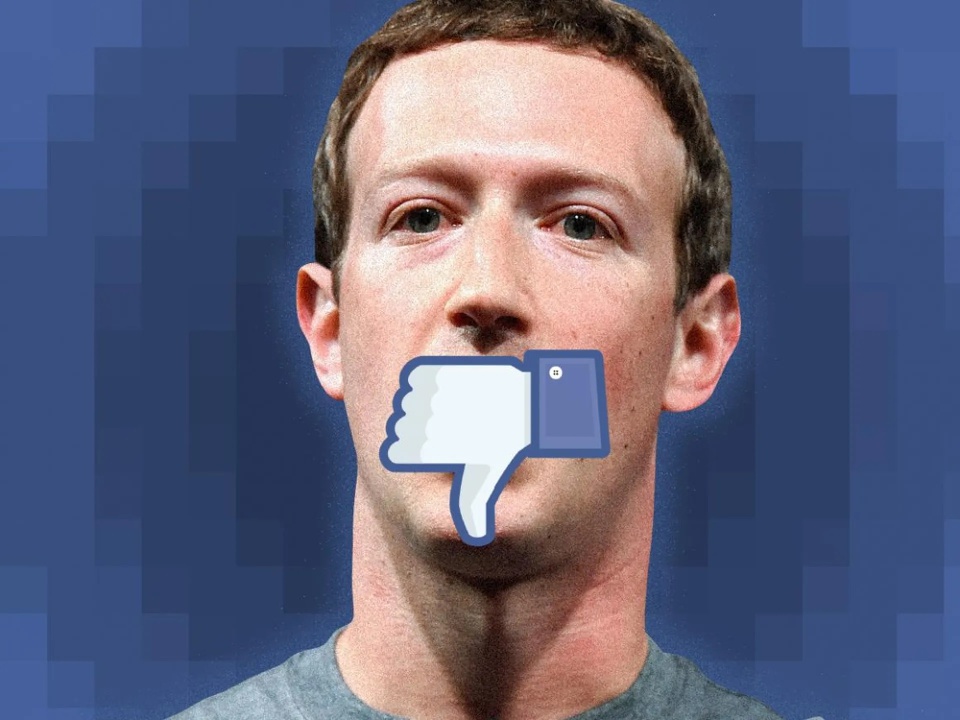 |
According to a survey by the Pew Research Center, 67% of respondents have an unfavorable view of Meta CEO. Photo: Business Insider . |
Mark Zuckerberg is transforming. For many years, the CEO of Meta has maintained the image of a dry tech guy, always appearing in simple jeans and a navy blue T-shirt. When speaking, he never deviates from the carefully prepared script, only using standard PR language. That image creates a distant, unapproachable Zuckerberg.
But now Zuckerberg has repositioned himself as a new version of himself—Zuck. Zuck goes to the gym, practices martial arts, leads UFC fighters into the Octagon, surfs on Fourth of July with the American flag flying, hangs out with Joe Rogan, wears necklaces at BBQs. Zuck is no longer Zuckerberg. Zuck is a cooler version of himself.
The CEO is unpopular with both employees and the public.
But the rebranding has failed to assuage the frustration of thousands of Meta employees. According to the Financial Times , Meta employees receive an additional stock award each year, which makes up a significant portion of their total compensation, in addition to their base salary and bonuses. But this year, most Meta employees were told that the award would be reduced to 10%.
Meanwhile, Meta has just approved a plan to increase executive compensation. Under the new policy, executives can receive bonuses of up to 200% of their base salary, up from 75% previously.
The decision comes after a series of layoffs at Meta, eliminating thousands of employees deemed "low-performing" to focus resources on a $60 billion AI expansion plan.
Despite his efforts to change his image, Zuckerberg has failed to win the hearts of the public. According to a Pew Research Center survey, two-thirds of respondents have an unfavorable view of Zuckerberg, with 26% having a “very negative” view. Only a quarter of respondents rate him positively, and only 2% actually like the Meta CEO.
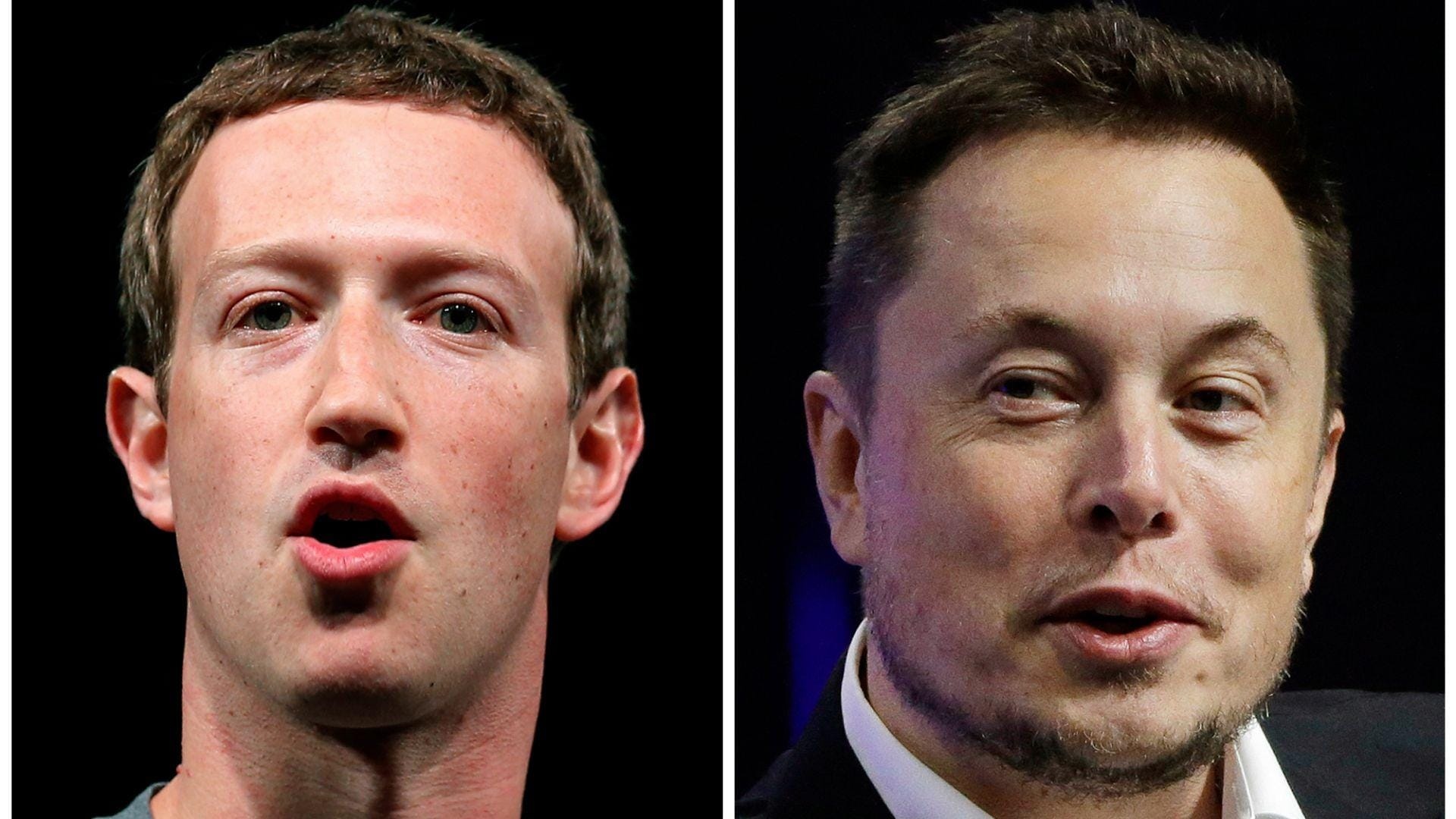 |
The most hated CEOs are Mark Zuckerberg and Elon Musk. Photo: CNN. |
Not only Zuckerberg, other tech billionaires are not immune to public hatred. According to the Pew Research Center, 54% of survey participants also have an unfavorable view of Tesla CEO Elon Musk.
But the level of dislike for Musk is clearly divided along political lines. Conservatives still have a favorable view of Musk. Democrats, on the other hand, have a largely negative view of him.
Sixty percent of conservatives have a favorable opinion of Musk, compared to 24 percent of leftists. Conversely, dislike of Zuckerberg cuts across party lines. Sixty percent of conservatives dislike him, compared to 76 percent of leftists.
Why don't Americans like "tech kings"?
There are plenty of reasons why the public is critical of tech billionaires. Some of them are completely legitimate. The growing wealth gap, the shrinking middle class, and economic uncertainty in the face of AI have many people worried about their jobs, according to Forbes .
Amid mass layoffs, tech giants continue to pour tens of billions of dollars into AI and tout the technology’s “huge advances.” In an interview with Fox Business in December 2024, OpenAI CEO Sam Altman admitted: “There will be a lot of job losses. Not everyone will be happy about it, but it will happen.”
Altman isn’t wrong. AI will change the labor market in ways that not everyone wants. But even if he’s right, such statements don’t make him any more likable to the public.
The pioneers of the AI revolution will not be the ones directly affected, but the knowledge workers themselves will face economic instability. And this instability will lead to resentment.
Anger doesn't always have a clear cause, but there is a fairly predictable mechanism: it often turns outward and looks for a target to blame.
With their idealistic yet unrealistic statements, technocratic views, and cold, radical capitalist mindset, tech moguls like Zuckerberg, Musk, and Altman are perfect targets.
A "hateful" empire
It would be remiss to talk about Zuckerberg's hatred without mentioning Facebook.
Facebook has changed the way people connect, do business, and even shaped the way we see the world . Because of that, Zuckerberg has become the face of everything people hate about social networks.
It’s been 15 years since the Oscar-winning film The Social Network portrayed Zuckerberg as a villain. Many people still stay on Facebook but can’t help but feel “Zucked,” a slang term for being banned from posting without explanation.
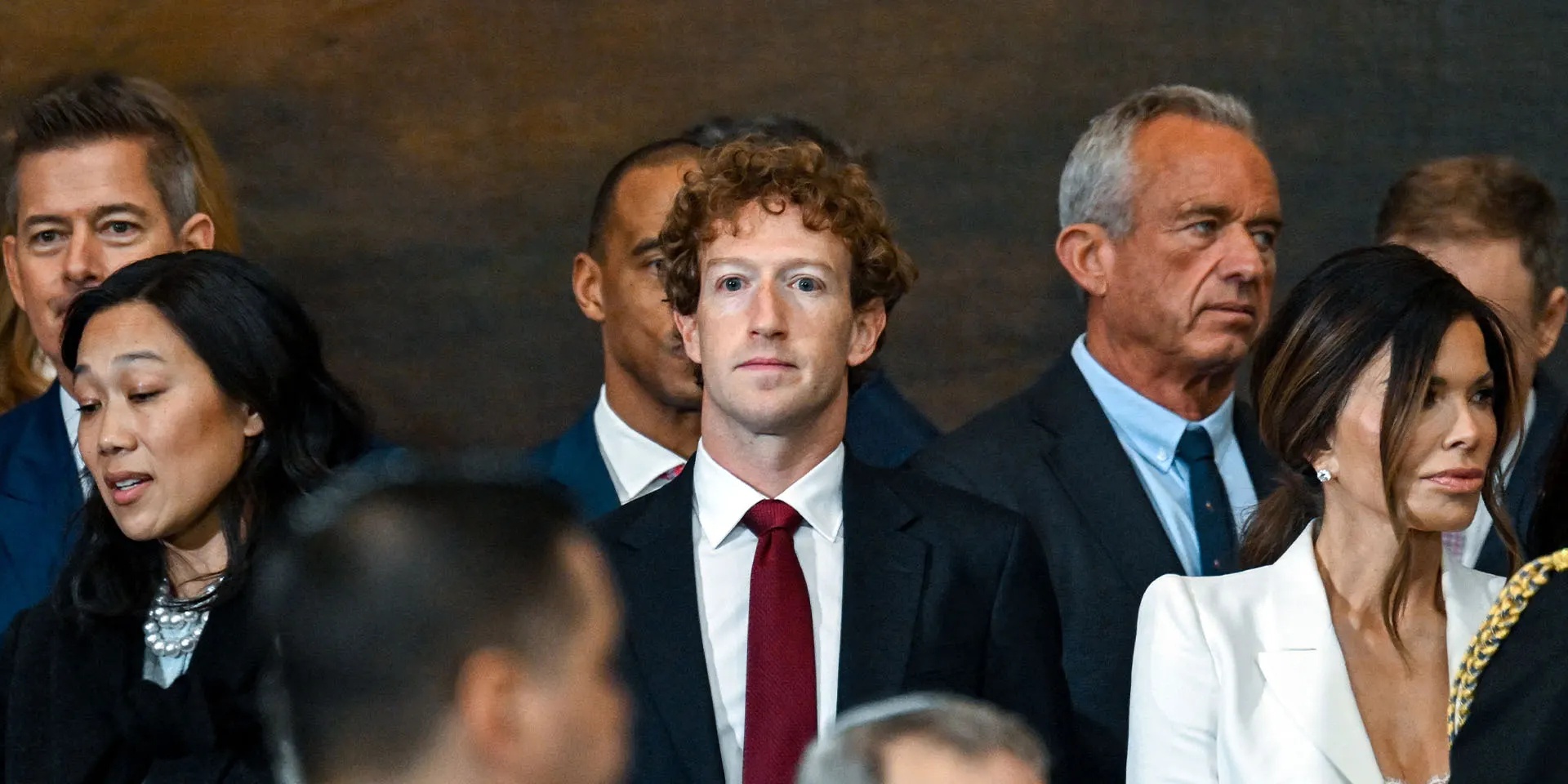 |
Mark Zuckerberg (center) attends President Donald Trump's inauguration at the US Capitol on January 20. Photo: Kenny Holston. |
According to Gizmodo , both the right and left in the US feel that Facebook has too much power to control content. Conservatives complain that Facebook censors their content, while Democrats blame Zuckerberg for helping Donald Trump become president in 2016.
Zuckerberg’s appearances before Congress during Trump’s first term did little to improve his image. His stony expression, glaring eyes, and cropped hair have fueled conspiracy theories that he is a “reptilian.” During a 2016 hearing, he looked directly into the camera, licked his lips, and insisted, “I am not a lizard.”
Then came the reinvention. Zuckerberg grew his hair longer, focused on fitness, and looked more rugged. He appeared on the beach, surfing with the American flag, and drinking beer on the Fourth of July. If this was an attempt to make people forget the image of Zuckerberg with a white layer of sunscreen on his face while surfing, it failed.
No matter how much he changes his image, America still knows who Zuckerberg is and what he stands for. And they don't like him.





![[Photo] General Secretary To Lam works with the Standing Committee of Quang Binh and Quang Tri Provincial Party Committees](https://vphoto.vietnam.vn/thumb/1200x675/vietnam/resource/IMAGE/2025/6/25/6acdc70e139d44beaef4133fefbe2c7f)






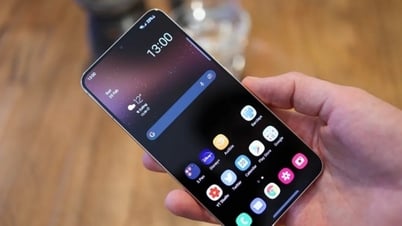

























































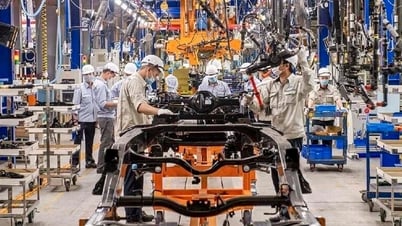






























Comment (0)